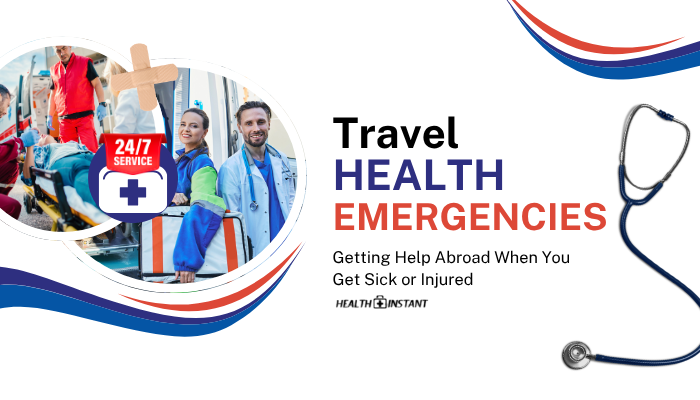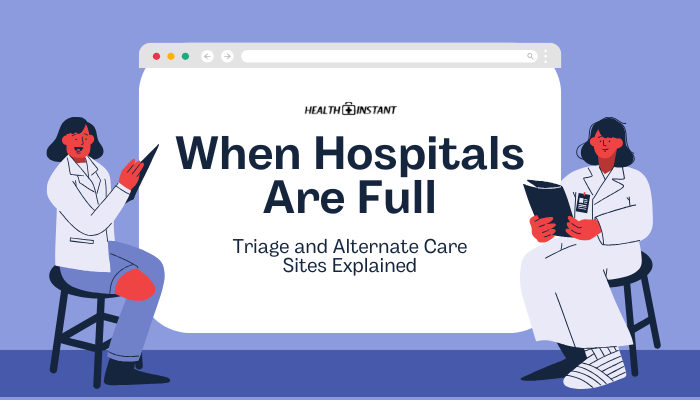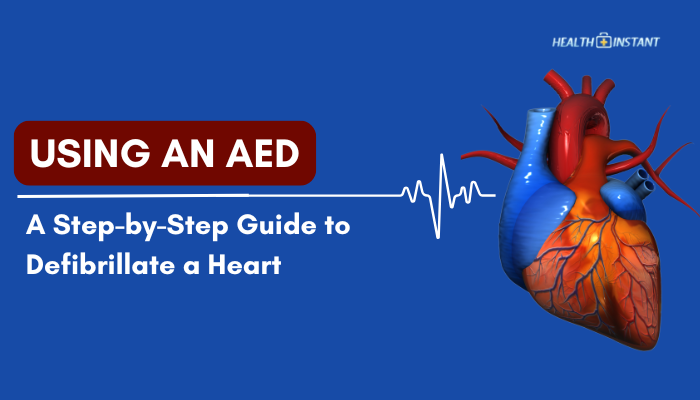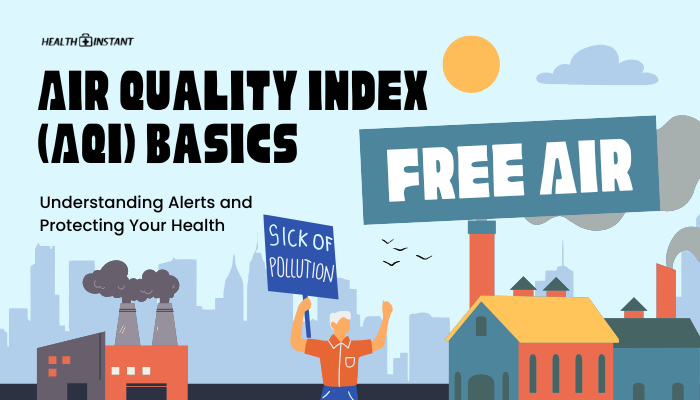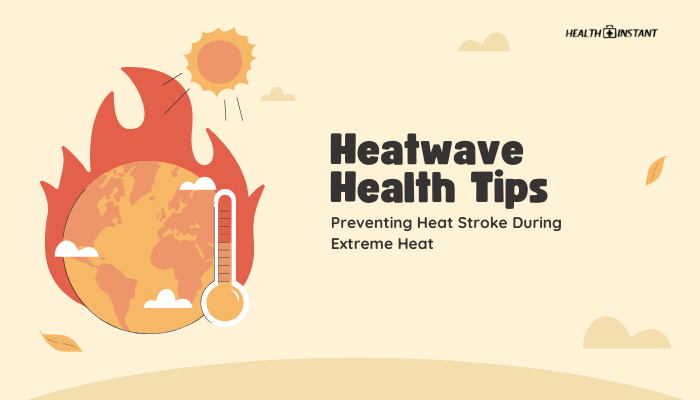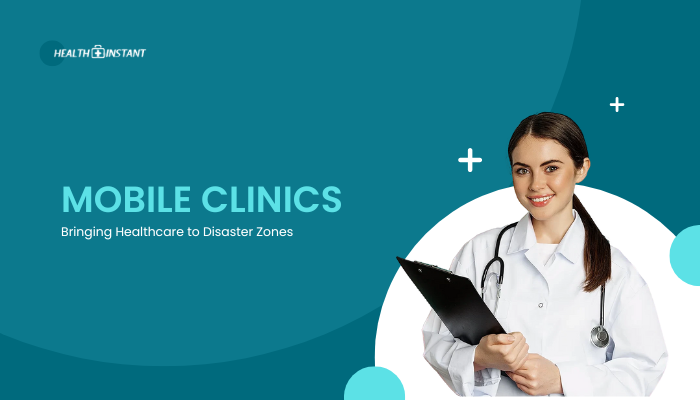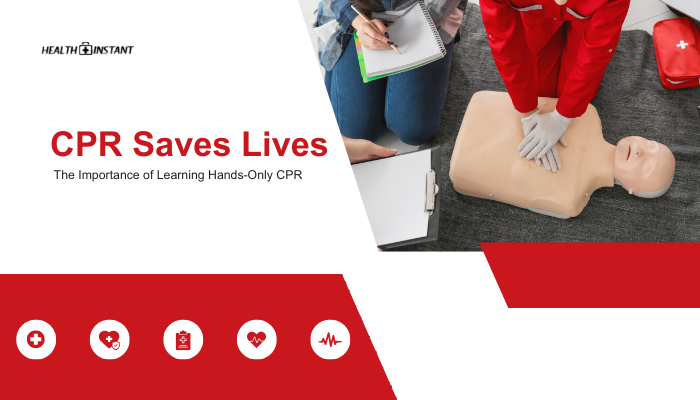Introduction
Traveling abroad can be exhilarating, but health crises can arise unexpectedly. Whether it’s a sudden illness, an accident while sightseeing, or an exacerbation of a chronic condition, being in a foreign healthcare system can be intimidating.
Proper planning and knowledge ensure you can secure medical help fast, mitigate costs, and focus on recovery. This guide outlines key strategies: from obtaining adequate insurance to navigating language hurdles and preparing for potential medical evacuation.
Pre-Trip Preparation
- Consult Your Doctor
- Get a checkup, updating prescriptions and vaccination status.
- Get a checkup, updating prescriptions and vaccination status.
- Research Destinations
- Learn about prevalent diseases, recommended immunizations, and travel advisories.
- Learn about prevalent diseases, recommended immunizations, and travel advisories.
- Pack Medical Essentials
- Include a first-aid kit, basic meds (pain relievers, antidiarrheals), and personal prescriptions in original packaging.
International Health Insurance
- Travel Medical Policies
- Typically cover accidents and emergencies, plus emergency evacuation.
- Typically cover accidents and emergencies, plus emergency evacuation.
- Check Coverage
- Make sure it includes your specific activities (e.g., adventure sports) and any pre-existing conditions if necessary.
- Make sure it includes your specific activities (e.g., adventure sports) and any pre-existing conditions if necessary.
- 24-Hour Assistance
- Insurers often offer hotlines to guide you to approved hospitals or clinics.
Emergency Contacts and Local Healthcare Options
- Embassy or Consulate
- Diplomatic offices usually keep lists of recommended local clinics, specialists, or English-speaking doctors.
- Diplomatic offices usually keep lists of recommended local clinics, specialists, or English-speaking doctors.
- Hospital Research
- Know nearest hospitals or urgent care centers before arrival.
- Know nearest hospitals or urgent care centers before arrival.
- Local Emergency Numbers
- Not every country uses “911.” Memorize or note the local equivalent, e.g., “112” in many parts of Europe.
- Not every country uses “911.” Memorize or note the local equivalent, e.g., “112” in many parts of Europe.
Finding Medical Help in a Foreign Country
- Ask Hotel Staff or Locals
- Reputable hotels or tourist information desks often refer you to reliable doctors or clinics.
- Reputable hotels or tourist information desks often refer you to reliable doctors or clinics.
- Use Credible Apps
- Some telemedicine platforms and mapping apps list reviews of medical facilities.
- Some telemedicine platforms and mapping apps list reviews of medical facilities.
- Contact Your Insurance
- They might direct you to a specific network for cashless or reimbursable treatment.
- They might direct you to a specific network for cashless or reimbursable treatment.
Language Barriers and Translation
- Learn Key Phrases
- Phrases like “I need a doctor” or “I have chest pain.”
- Phrases like “I need a doctor” or “I have chest pain.”
- Phone Translation Apps
- Tools like Google Translate can facilitate quick conversations with local medical staff.
- Tools like Google Translate can facilitate quick conversations with local medical staff.
- Professional Interpreters
- Insurance hotlines sometimes provide interpreter support by phone.
- Insurance hotlines sometimes provide interpreter support by phone.
Staying Safe Until Professional Care Arrives
- Assess Severity
- For minor issues, a pharmacy may suffice; for severe emergencies (chest pain, heavy bleeding), call an ambulance.
- For minor issues, a pharmacy may suffice; for severe emergencies (chest pain, heavy bleeding), call an ambulance.
- Basic First Aid
- If skilled, address bleeding or immobilize injuries while awaiting paramedics.
- If skilled, address bleeding or immobilize injuries while awaiting paramedics.
- Stay Hydrated and Calm
- Anxiety can heighten certain symptoms; controlling stress helps you think clearly.
- Anxiety can heighten certain symptoms; controlling stress helps you think clearly.
Returning Home: Medical Evacuation and Follow-Up
- Medivac Arrangements
- In severe cases, insurance can coordinate air ambulance or medical escort flights.
- In severe cases, insurance can coordinate air ambulance or medical escort flights.
- Keep All Documents
- Save medical reports, bills, x-rays. They help local doctors at home continue treatment.
- Save medical reports, bills, x-rays. They help local doctors at home continue treatment.
- Follow-Up Check
- Even if you feel better, see your primary healthcare provider to confirm no hidden complications.
Conclusion
When traveling abroad, unforeseen illnesses or injuries needn’t become catastrophic if you plan and act prudently. With proper insurance, awareness of local emergency options, and essential medical info at hand, you can obtain care effectively.
In a crisis, remain calm, call for professional assistance, and use available resources—such as your embassy or insurer. By combining thorough preparations with calm decision-making, you can keep your trip’s health mishaps minimal and your journey on track.
References
- World Health Organization (WHO). (2021). International travel and health guidelines.
- U.S. Department of State. (2020). Healthcare abroad: tips for American travelers.
- Centers for Disease Control and Prevention (CDC). (2019). Traveler’s health.
- International Association for Medical Assistance to Travellers (IAMAT). (2018). Finding medical facilities abroad.
Disclaimer: This article provides general guidance and doesn’t replace professional medical or legal advice. For personalized details, consult travel clinics, official government advisories, and insurance providers.

